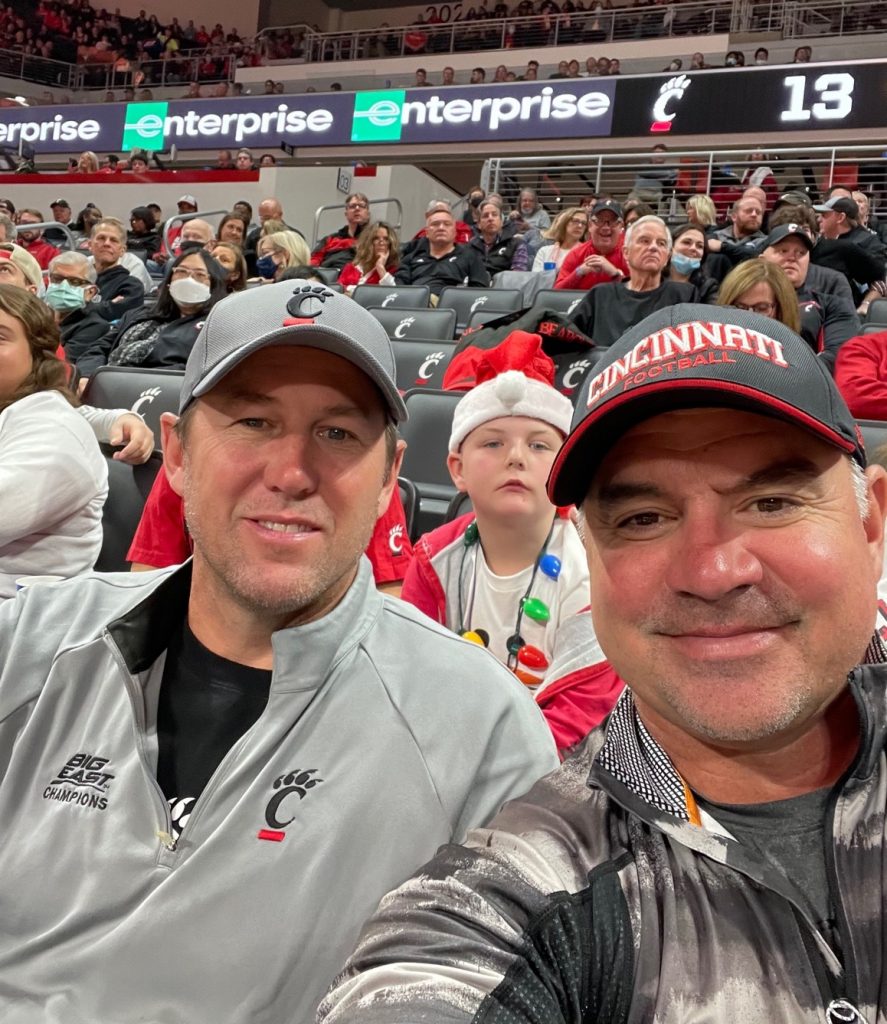Getting Your Kid Involved in Youth Sports


Getting your child involved in youth sports is a great way to help them physically and socially develop. There are many different kinds of sports that kids can play, and they can be organized or informal.
Competitive team sports inspire youth sports
Whether your kid is into basketball, football, baseball or any other sports activity, team sports are a surefire way to develop crucial teamwork skills and an appreciation for collaboration. They also help kids become more confident and well-rounded.
It’s no secret that youth sports can be fun, but that doesn’t mean they aren’t competitive. They can be the perfect opportunity to teach your child how to work as a team and manage highs and lows. Using team sports as a learning tool can increase your child’s confidence and help them cope with the ups and downs of adolescence.
A competitive sports program has its benefits, but it is also one of the most expensive sports to participate in. Much of your kids’ time is spent traveling, training, and competing. It would help if you decided what level of intensity is right for your family.
Team sports aren’t for everyone, but a competitive sports program can provide a fun and challenging outlet for their athletic prowess if you have a highly gifted athlete in your household.
Athletes can develop both physically and socially
Taking part in organized youth sports can provide a variety of benefits for children. It can improve their physical and cognitive development and help them develop leadership skills, teamwork, and self-confidence. Participating in organized sports allows them to learn the importance of hard work, dedication, and responsibility.
Despite the benefits of playing sports, there are still a few risks associated with participation. For example, child athletes may become overexerted or burned out or experience aches and pains after participating in physical activities for long periods. Hence, parents need to be aware of these risks.
In addition to physical benefits, participating in youth sports can help kids build relationships with teammates, coaches, and family. It can also foster their sense of belonging and encourage them to stay active.
Several studies have looked at social influences on participation in youth sports. In particular, studies have explored the influence of peers and parents.
Coaches should recognize the needs of each player
A well-executed youth sports plan can help your youngster grow into a well-rounded individual. However, a young athlete is still a child, and you must protect them from bullies, harassment, and sexual abuse. These are just a few of the hazards plaguing young people in our competitive world. Fortunately, a few tips and tricks can help you navigate the minefield.
First and foremost, you need to build rapport with your youngster. The best way to do this is to have fun and make your youngster feel appreciated. Having a buddy is a great way to keep your youngster entertained and safe. The best way to do this is to set up a fun activity, such as a scavenger hunt. This may seem daunting, but once you’re done, you’ll be rewarded with a more focused player.
Second, you must ensure you show up for all practices and games. This isn’t as hard as it sounds, but it’s easy to fall out of the loop.
Recess and unstructured play
Increasingly, studies indicate that recess and unstructured play in youth sports are important for promoting physical and emotional development. According to the American Academy of Pediatrics (AAP), 60 minutes of moderate to vigorous activity is recommended daily.
Unstructured and structured play contributes to young children’s cognitive and social skills development. During recess, children can practice problem-solving, teamwork, and leadership. They can also invent their universes when playing pretends games.
In addition, studies have indicated that recess helps to counterbalance sedentary time during the school day. A study of children’s physical activity showed that those who participated in the more structured play had more physical activity for the entire school day.
The study’s results suggest that recess should be an ongoing part of a child’s school day. Research suggests that a longer recess period may benefit children, but there is still no consensus on the length of the recess.
One of the benefits of unstructured play is the ability to establish boundaries and rules for the game. This can help students negotiate and negotiate conflicts.
